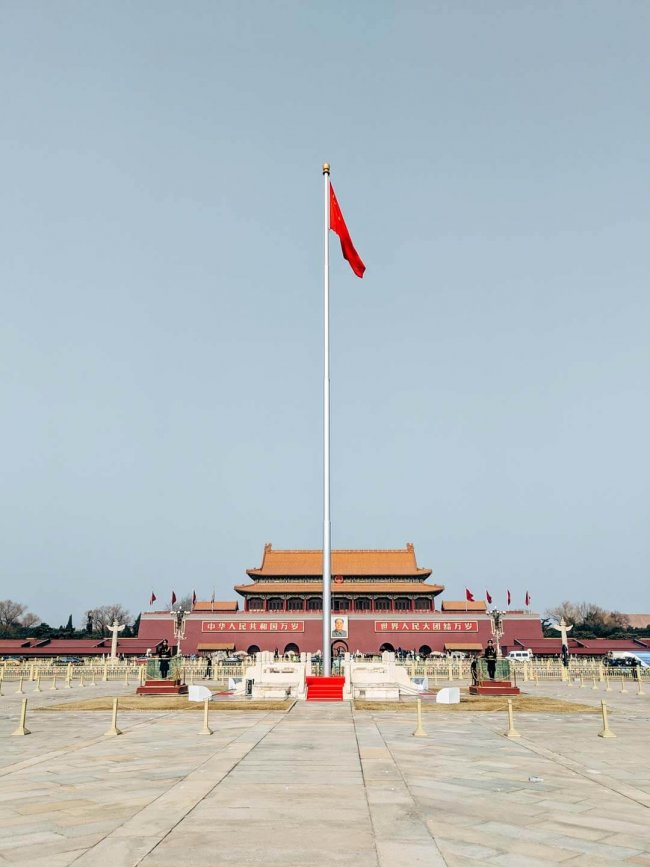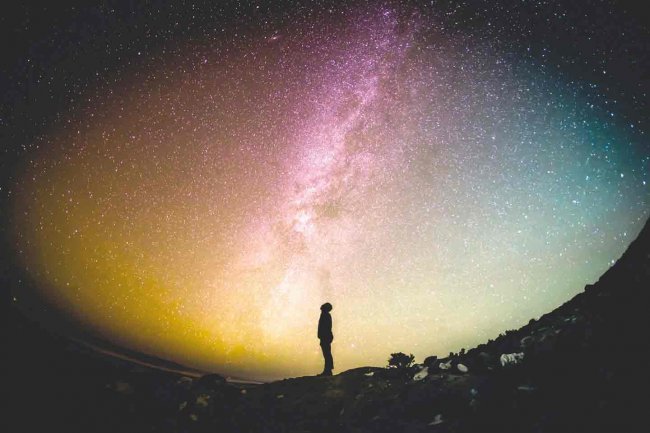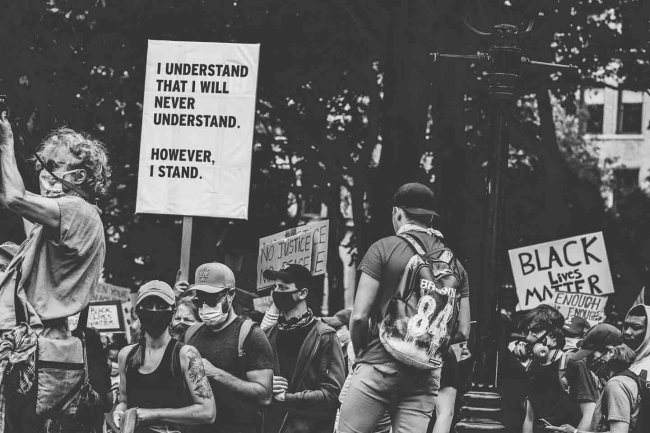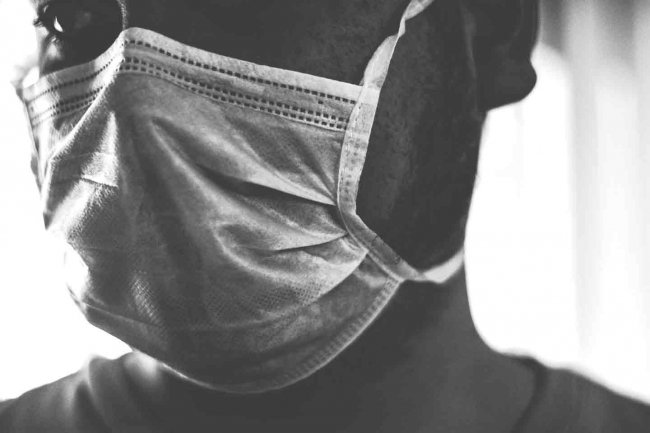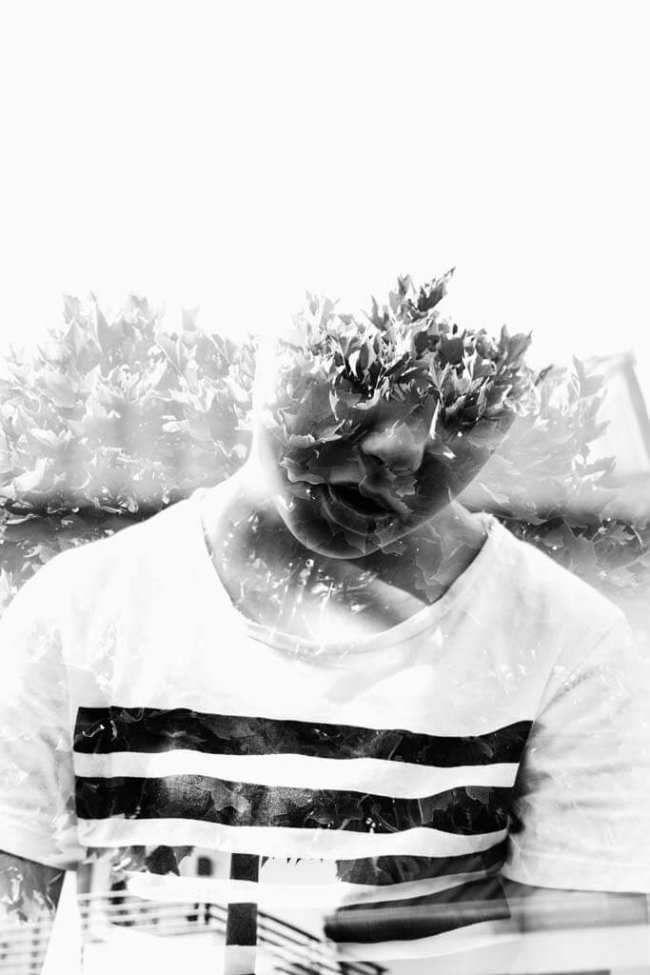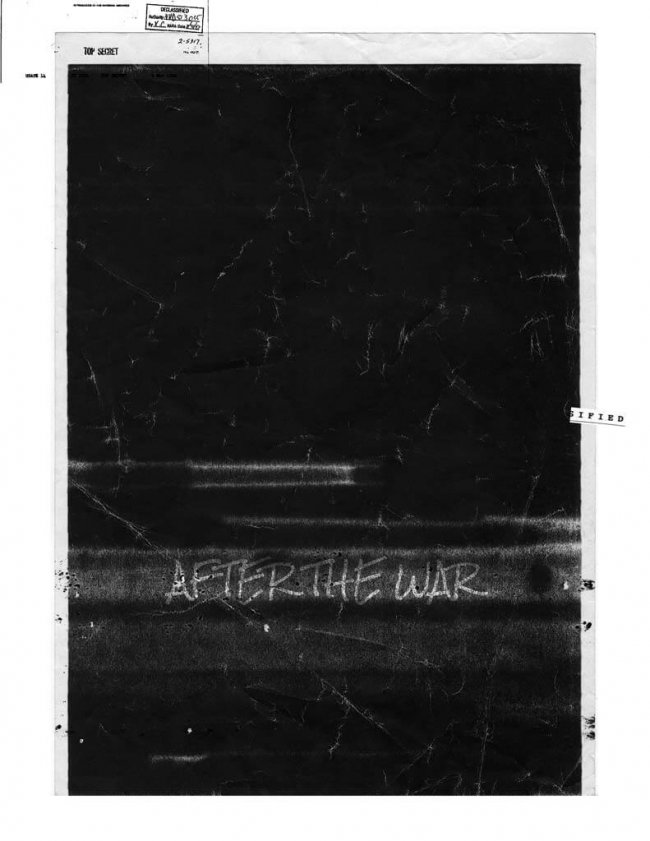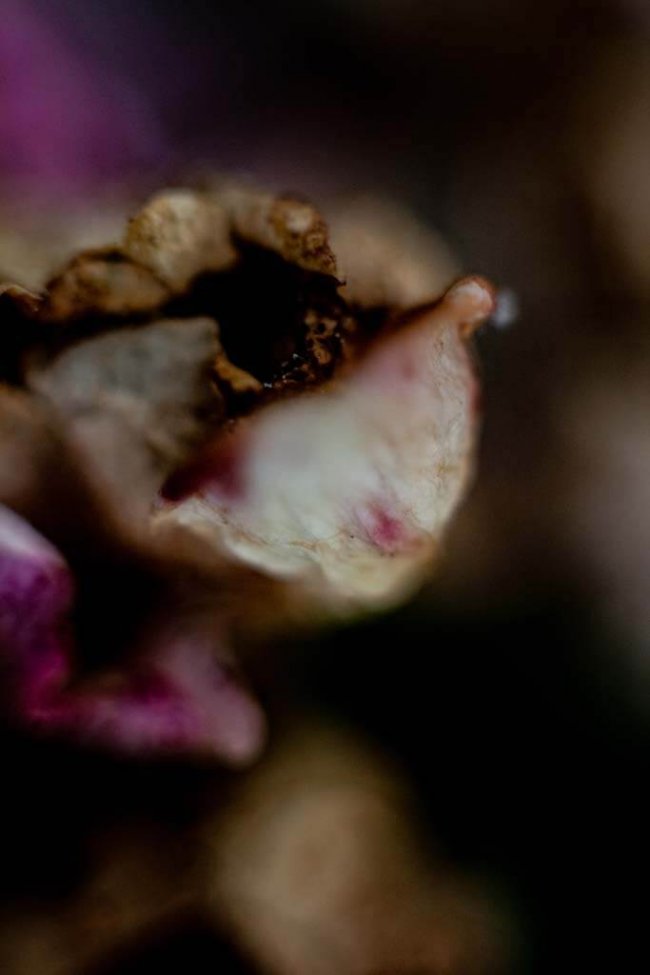A SEARCH FOR BELONGING by David Stromberg
Growing up in America with immigrant parents, you’re often on your own navigating your future, and so institutions like elementary school become more than just places of study. They become agents of social advancement. One day, in fifth grade, someone came to class and told us about magnet schools, explaining that you could apply to study a particular subject at a particular school. Getting into the program was connected to the category you’d been assigned in tests you’d taken, and there was a mysterious point system that helped you get into this or that school.



